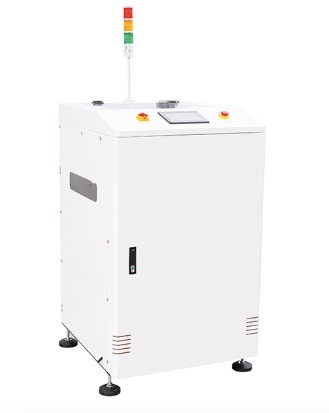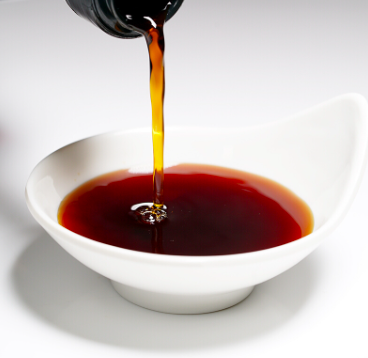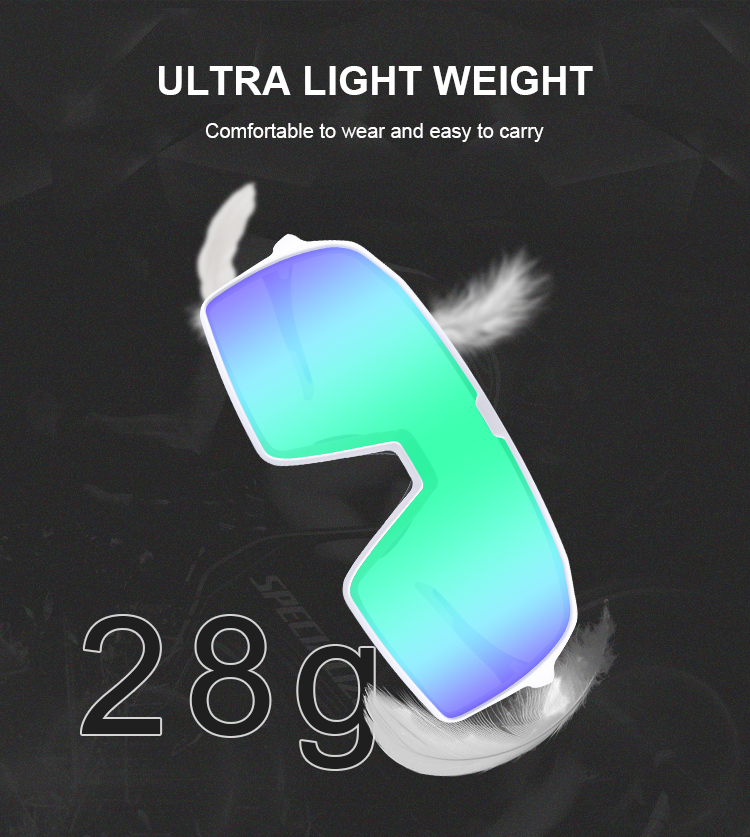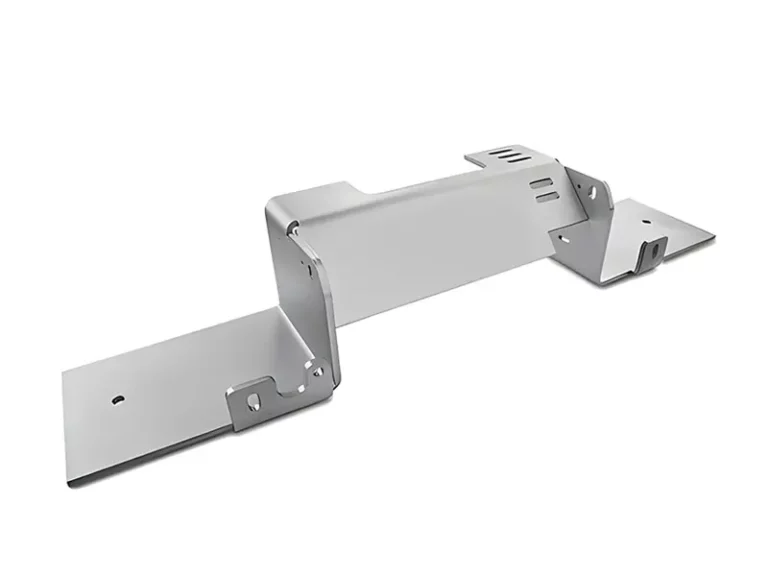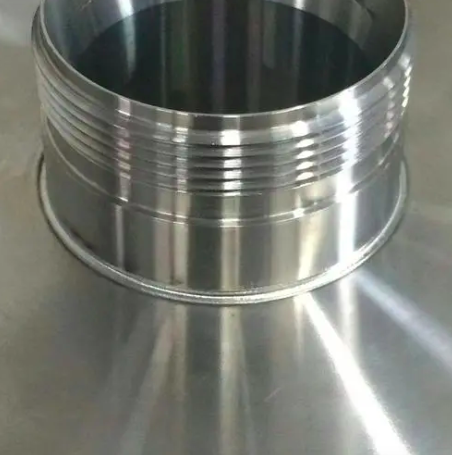目录
IML, or In-Mold Labeling, represents a significant advancement in the phone case industry. This technology involves embedding the design within the phone case material itself, offering unparalleled durability and aesthetic appeal.
Unlike traditional printing methods where designs are applied superficially, IML ensures that the graphics remain vibrant and wear-resistant over time.
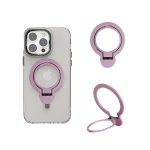
This article explains in detail the science behind IML case technology, its rise to prominence, and the benefits it offers to manufacturers.
What is IML and How Does IML Technology Work?
In-mold labeling (IML) is a process where a pre-printed label or graphic is placed into a mold before the plastic material is injected. The plastic then fuses with the label during the molding process, creating a seamless and highly durable product.
IML case technology involves several steps:
- Printing the label
- Placing it into the mold
- Injecting the plastic
- Cooling and ejecting the finished product
This method ensures the label becomes an integral part of the phone case, offering excellent resistance to wear and tear.
When Did IML Gain Prominence?
IML technology gained significant prominence in the early 2000s as manufacturers sought innovative ways to enhance the aesthetic and functional qualities of plastic products. Its adoption in the phone case industry marked a pivotal shift towards more durable and customizable accessories.
What Benefits Do Phone Case Manufacturers Enjoy from Using IML?
IML case offers numerous advantages to phone case manufacturers, making it a preferred choice in the industry. These benefits include:
- High-Quality Graphics: IML enables the creation of durable, visually appealing graphics that resist wear, scratching, and fading. This ensures that phone cases maintain their aesthetic appeal over time, attracting more customers and reducing returns or complaints.
- Streamlined Manufacturing: By integrating the labeling into the molding stage, IML reduces the need for additional labeling or printing steps post-production. This leads to faster production times and lower labor costs, resulting in higher productivity and scalability for manufacturers.
- Design Flexibility: IML allows for intricate and complex designs that are difficult to achieve with traditional printing methods. This enables manufacturers to offer a wider variety of designs, catering to diverse consumer preferences and trends.
- Environmental Sustainability: The integration of the label into the mold reduces waste associated with separate labeling materials and processes. This aligns with the increasing consumer demand for eco-friendly products, helping manufacturers to meet sustainability goals.
Overall, IML technology enhances the durability, aesthetic quality, production efficiency, design versatility, and environmental sustainability of phone cases. This provides manufacturers with a competitive edge in the market.
Conclusion
IML case for phones represents a fusion of technology and artistry, providing consumers with durable, visually appealing options for mobile protection. As the industry continues to innovate, IML technology will likely play a pivotal role in setting new standards for quality and design in phone accessories.
0
